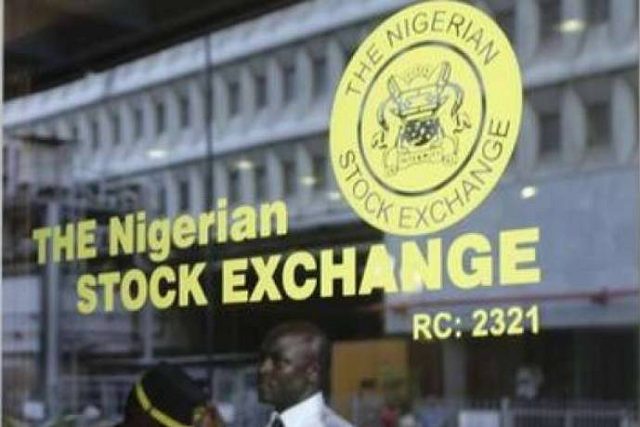A group of licensed agents has petitioned the Nigerian Senate over what they termed different atrocities allegedly committed by Nigeria Customs Service (NCS) officials.
In the five-page petition signed by over 50 members of Concerned Licensed Customs Agents, the group accused customs officials of acts of corruption and sabotage of the country’s economy.
See letter Agents-petition-Senate-over-corruption-in-Customs-
They said that the customs management intentionally rendered the Nigeria Integrated Customs Information Systems (NICIS) ineffective so as to ensure that there was no transparency and accountability in revenue collection for the government.
Instead, the NCS reintroduced the old paperwork process, which ensures that bribery at different points for officers thrives to the detriment of the government.
The customs agents also accused the Comptroller-General of NCS, Hameed Ali, of creating different units that had turned out to be problems on their own.
Some of the units include CG Strike Force, CG Squared, CAC Monitoring Unit and FOU in areas like Liverpool Bridge, Ijora Bridge, Leventis Area ‘B’ all in Apapa and Tincan, Lagos State.
In the letter, which was also sent to the Secretary of the Federation, Boss Mustapha, Minister of Finance, Zainab Ahmed, the group asked the Senate to look into the revenue declared by the NCS, to begin to address the problems.
The NCS has been appearing before the Senate Committee on Customs and Excise to defend its revenue and expenditure and the Senate is yet to clear the agency.
The petitioners, however, said a huge part of the revenue, which comes through the agents, ends up in private pockets instead of government purse.
The agents lamented that Customs officers often engage in harassing Nigerian citizens under the disguise of implementing security operations.
They called for an investigation into the several alleged atrocities committed by the Customs service and its leadership.
The agents also called on the Senate to advise the Customs leadership on implementing digital clearance of cargo at the port.
Source: Ships & Ports












